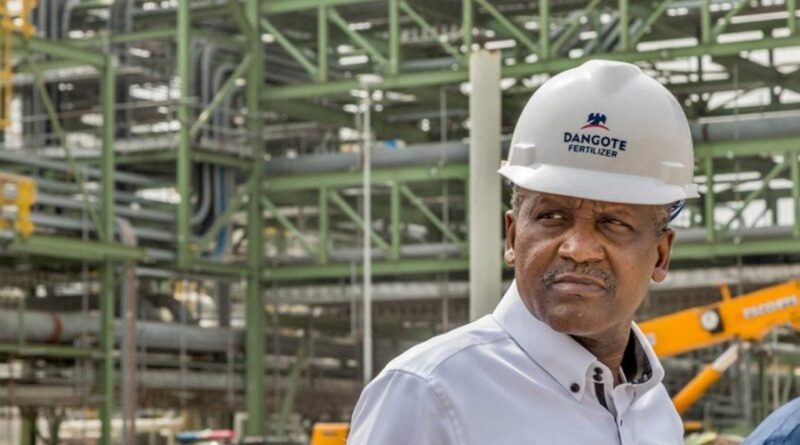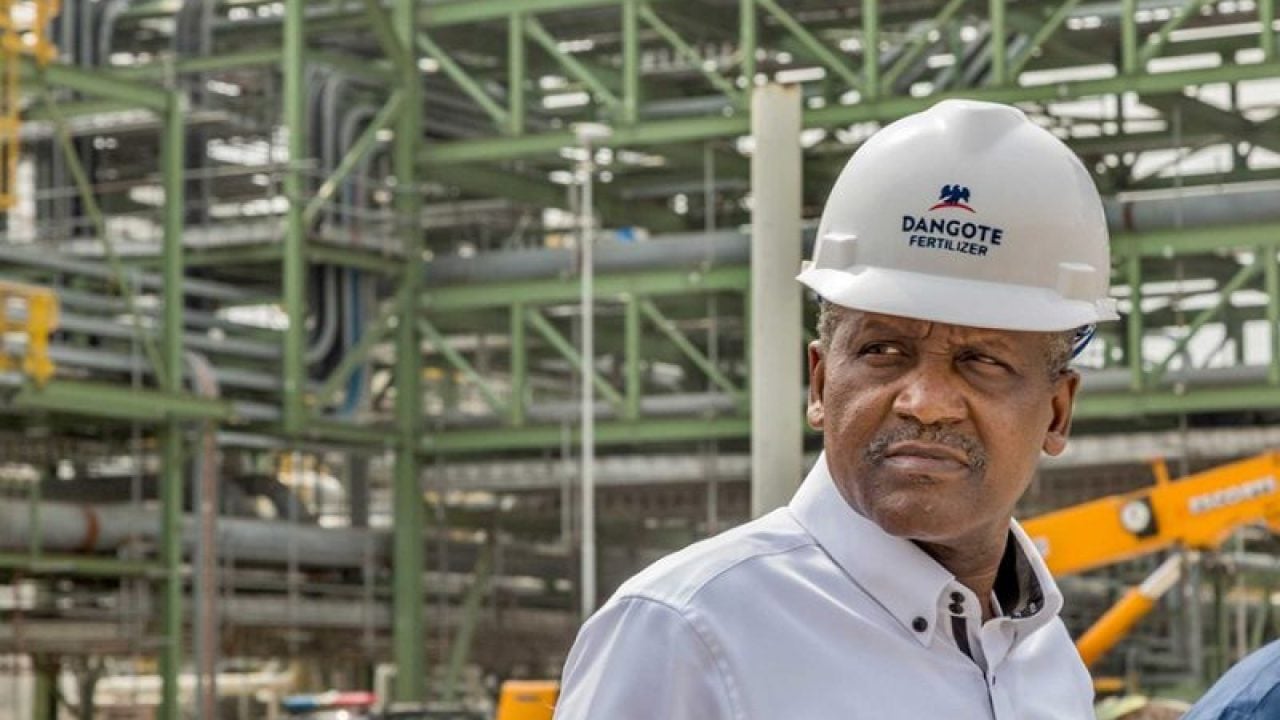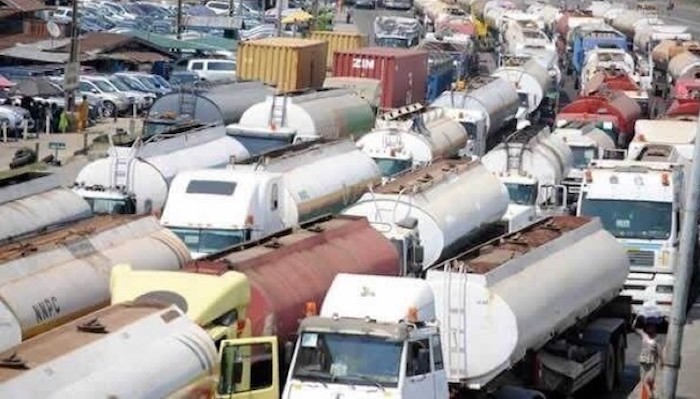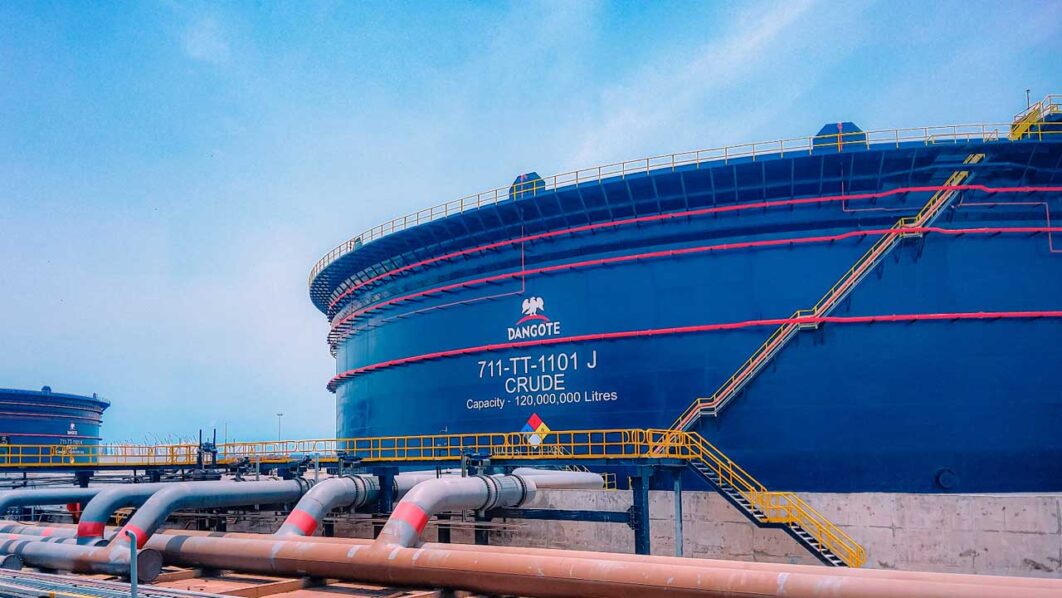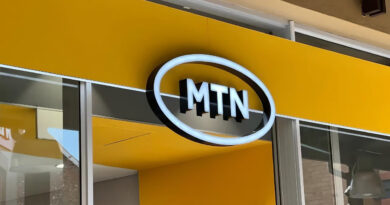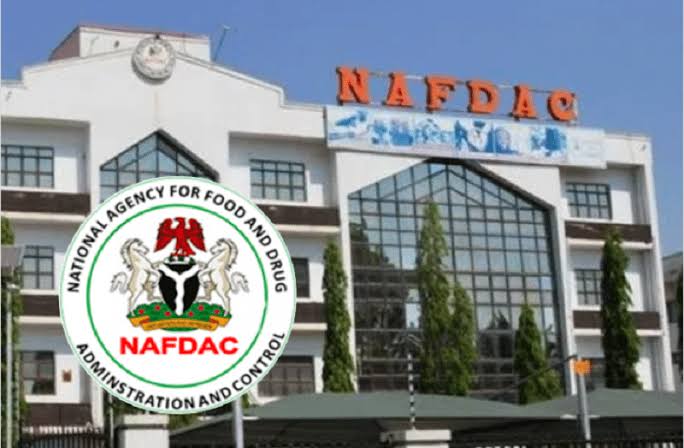Fuel Import Ban Raises Concerns Over Petrol Prices Amid Tensions with Dangote Refinery
Fuel import ban sparks tensions between Dangote Refinery and oil marketers as concerns rise over the potential for soaring fuel prices. The Independent Petroleum Marketers Association of Nigeria (IPMAN) and the Petroleum Products Retail Outlet Owners Association of Nigeria (PETROAN) warn that if the Nigerian government enforces the ban, fuel prices could rise to as much as N1,500 per litre. The discussion follows President Bola Tinubu’s ‘Nigeria First Policy,’ which seeks to eliminate the importation of products that can be locally produced. With the Dangote Refinery capable of refining 650,000 barrels of oil per day, and other modular refineries beginning operations, there is speculation that the government may halt fuel imports, which currently account for around 14.7 million litres daily.
Dangote Refinery officials, however, have rejected these fears, asserting that the refinery has the capacity to meet domestic fuel demand and even export surplus fuel. They argue that the marketers’ claims about rising fuel prices are attempts to justify their continued importation of “substandard” fuel. Chinedu Ukadike, IPMAN’s National Publicity Secretary, emphasizes that fuel importation remains crucial to avoid local price manipulation. He points to the high cost of diesel produced by modular refineries as evidence that local production alone cannot guarantee affordable fuel. Ukadike suggests that if local refineries like Dangote’s were allowed to dominate, they could push prices higher, and he insists that market dynamics should ultimately dictate when fuel importation ceases.
PETROAN’s National President, Billy Gillis-Harry, echoed these concerns, warning that a ban on imports could lead to a monopoly in the petroleum sector. He cautioned that the current fuel price reductions are unsustainable and that relying on a single refinery, like Dangote’s, could destabilize the market. Gillis-Harry advocated for a diversified approach, where multiple refineries contribute to maintaining competition and stabilizing prices, calling for improved regulation from the Federal Competition and Consumer Protection Commission.
In response, Dangote Refinery officials emphasized that their pricing strategy would not be influenced by speculation but by actual costs such as crude oil prices and exchange rates. They reiterated that the refinery’s purpose is to enhance Nigeria’s local energy sector, not to profit unfairly. Dangote further suggested that local refineries should be supported with financial incentives, tax relief, and improved infrastructure to help them become more competitive and eventually exporters of petroleum products.
Looking to the future, industry experts like Dr. Muda Yusuf from the Centre for Promotion of Private Enterprise argue that creating a level playing field between local refiners and importers is essential. Yusuf urges other downstream sector players to invest in more refineries to increase production capacity, reduce dependence on imports, and enable Nigeria to fully leverage its domestic refining capabilities.

